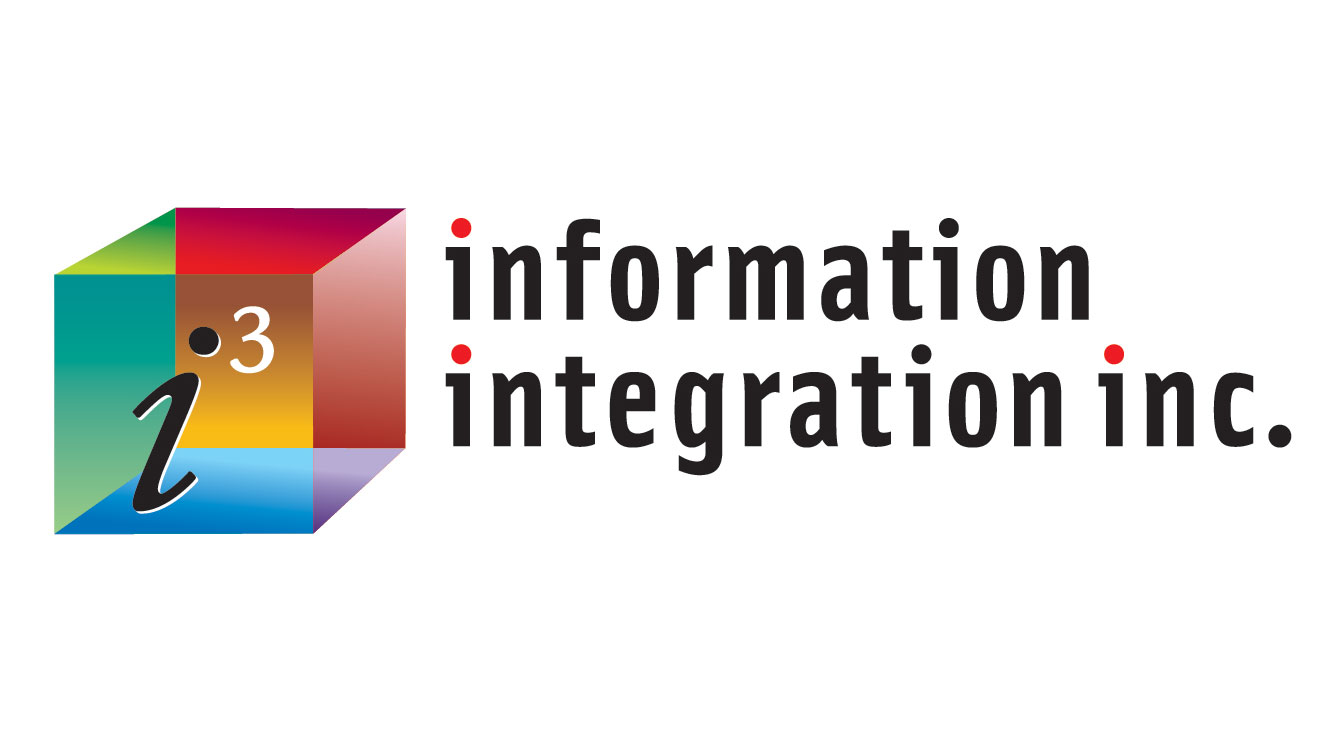When it comes to working with B2B companies, excelling at customer service requires more than simply knowing your product or service and being responsive to customer queries. While these are essential attributes of Customer Service personnel, they are just the baseline of what should be expected.
Building trusting and mutually successful relationships with your B2B customers is about engaging with them in a way that works for them. Sure, you can use social media to find out about their buying habits or what they like and dislike. In fact, some companies implement social media platforms to intuit customer preferences and chat bots in lieu of Customer Service representatives. We believe this is a huge mistake, as it can create barriers to building authentic, long-lasting relationships.
Know Your Customer
Getting to really know your customers and earn their trust hinges on three key actions: listening; asking for feedback, and using the feedback you receive to improve your product or service. Let’s examine each of these more closely.
Listening
Does your company provide opportunities for you to engage with your customers? Do your customers have access to you when they need it? Do your customers feel heard?
Here are some simple practices that your company can adopt that can go a long way with your customers:
- Phone your customers periodically or send an email (not a generic bulk email, but a personalized sincere check in).
- Take time to ask them how they are enjoying your product or service or if they have questions about it.
- Show genuine interest and engage in information sharing with customers.
- Take notes about what they share with you.
- Follow up with an email confirming what they told you and the steps you plan to take to address any specific needs or concerns they communicated to you.
Asking for Feedback
When you ask your customers for feedback, you are letting them know that you value their opinions and appreciate their loyalty and business. You want them to feel heard. In addition to the periodic phone and/or email check-ins discussed above, this can be accomplished via:
- Feedback forms which are generally used after an event to gather information or opinions;
- Surveys or Questionnaires which are used for gathering and analyzing data, such as preferences, thoughts about service provided, etc., or
- First-hand feedback to find out what they think of your business, products, or services and if there is anything they need, such as during contract initiation, at various stages in the product or service delivery process, after the product or service has been in use for a while, etc.
Using the Feedback
If the feedback requires some type of support, contact the appropriate support staff at your company to discuss fixes/improvements that may be required to products and/or services. If needed, collaborate with your team to find out what it will take to make it happen. Circle back with your customers to let them know the outcome and steps that will be taken, if any. Remember to always close the loop, which is an important step in good communication.
Going the extra mile
Personal attention– How many times have you tried to contact Customer Support to discuss an issue you are experiencing and there is no phone number provided on their website? After hunting around the website for a while, you are directed to a list of FAQs and then are required to submit a contact form and wait for a reply. What you really want is simply to talk to a live person and engage for a few minutes. When seeking business partners, look for companies that have a personalized approach, easy access, and minimal red tape.
Expertise – Seek out niche companies, highly specialized and skilled at what they do best. Avoid hybrid companies that will give you a run-around every time you reach out to them.
Responsive –Select companies that deliver an exceptional level of attention and service. Again, smaller niche companies have the bandwidth to focus on you and deliver quality products and services.
Resource-rich – Engage with companies that have a broad variety of resources (e.g., a specialized staffing firm’s large talent pool) so that you can get exactly what you need, when you need it.
Affordable – Smaller, more nimble companies have lower overhead costs, which they can often pass on to their customers in the form of lower rates than their top-heavy competitors. Avoid large unwieldy corporations with lots of red tape that will bog you down and quickly use up your budget, especially for specialized projects that do not warrant it.
Excellent Customer Service is not dependent on size nor on the latest technology/infrastructure. Rather, requires open communications, understanding your customers’ needs, and providing personalized attention every step of the way.





